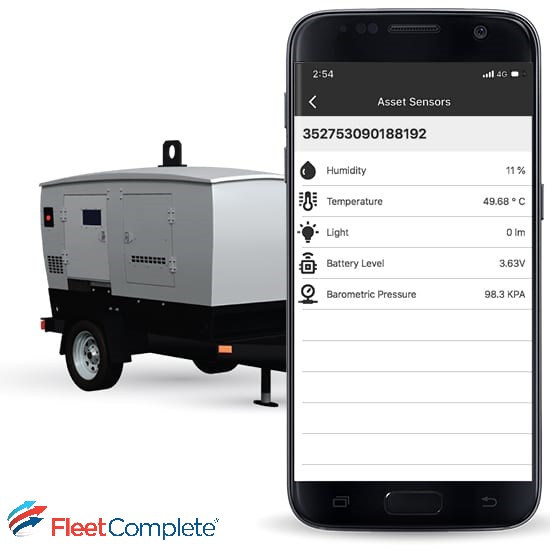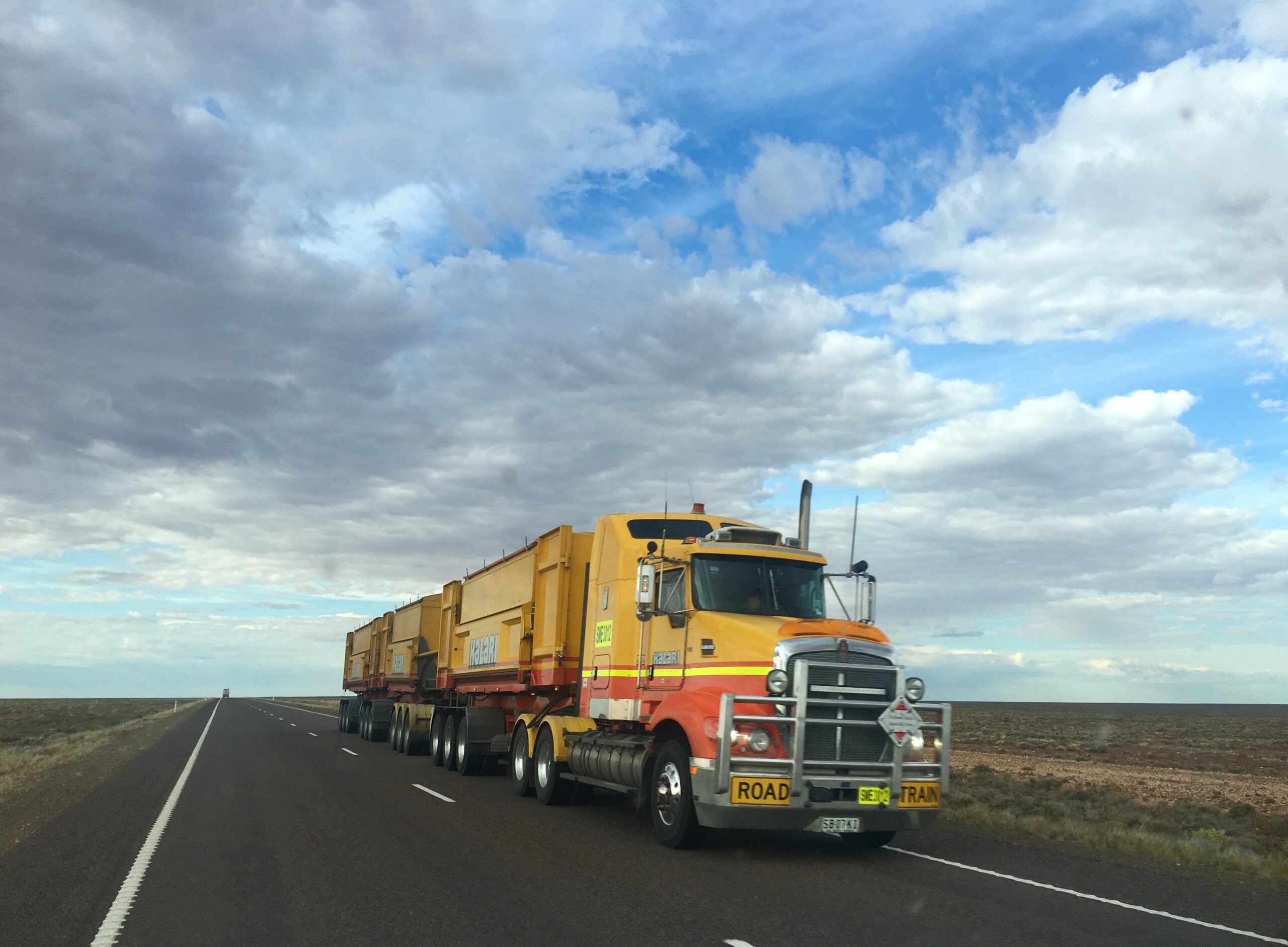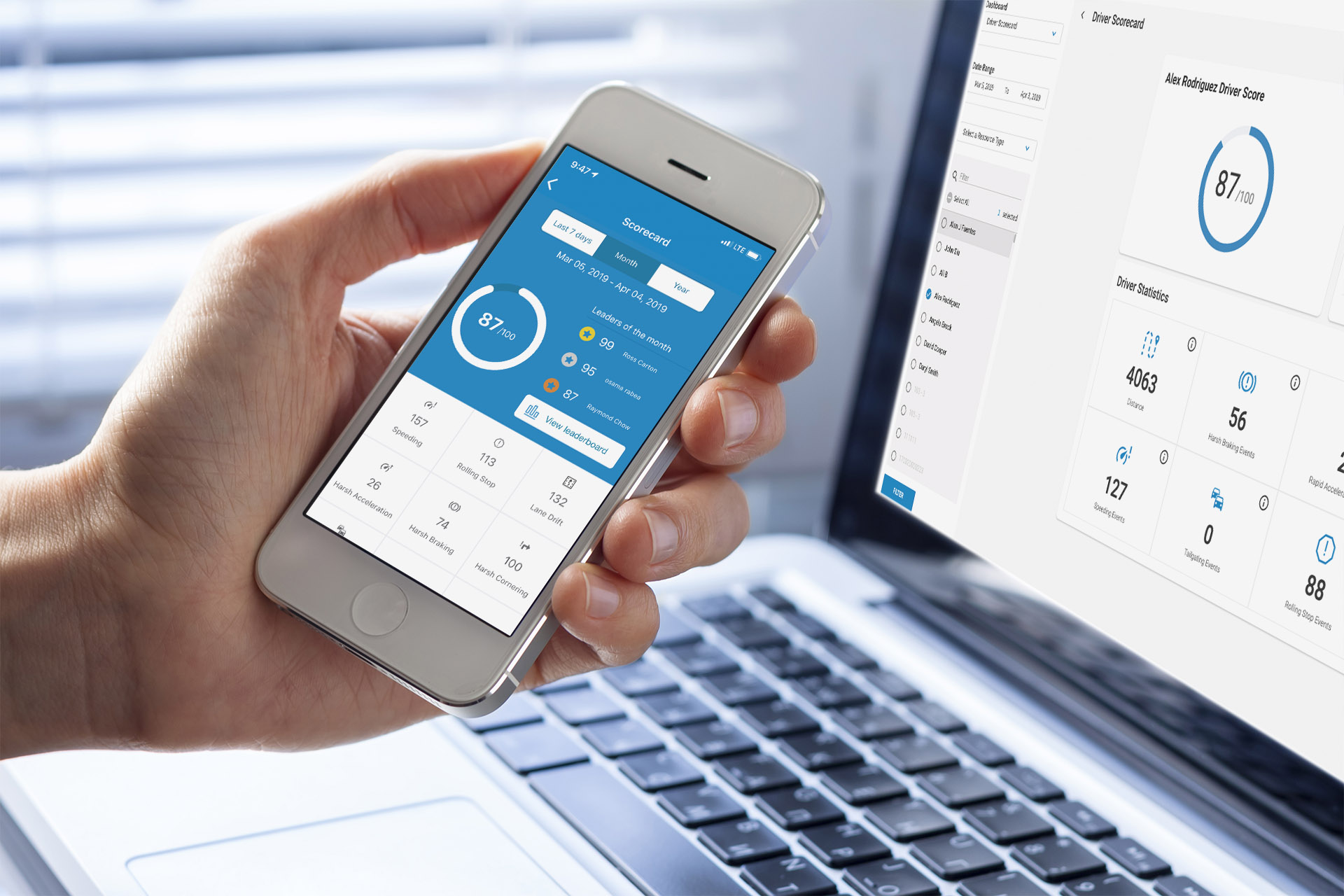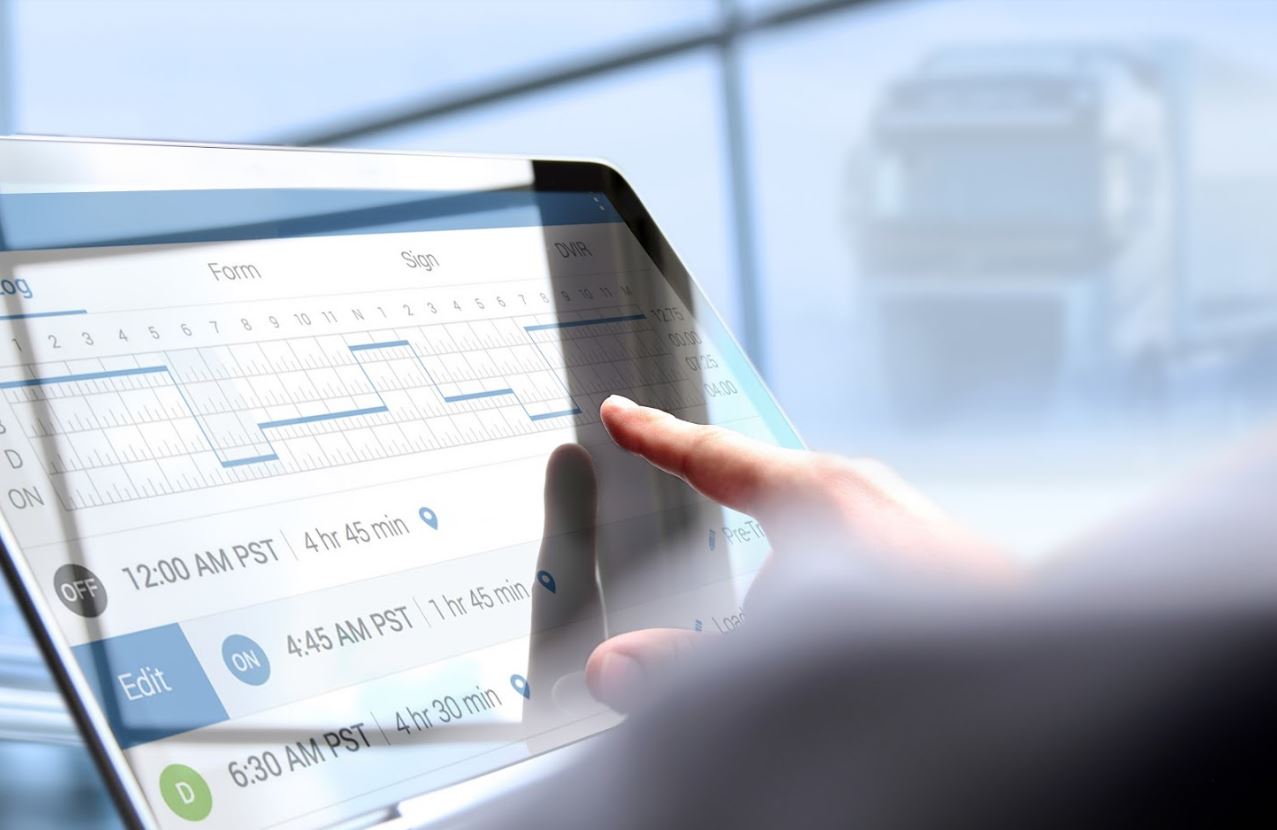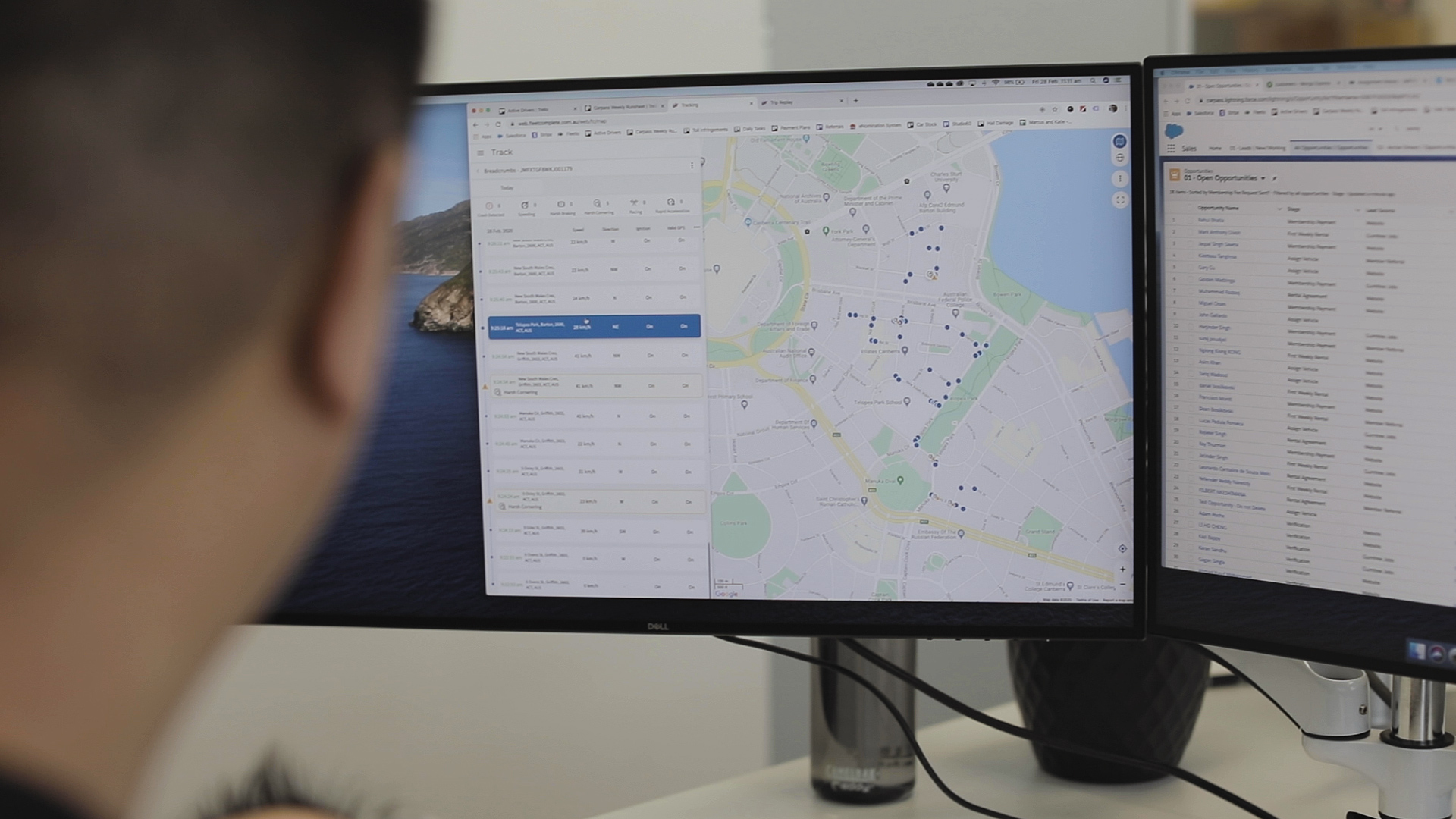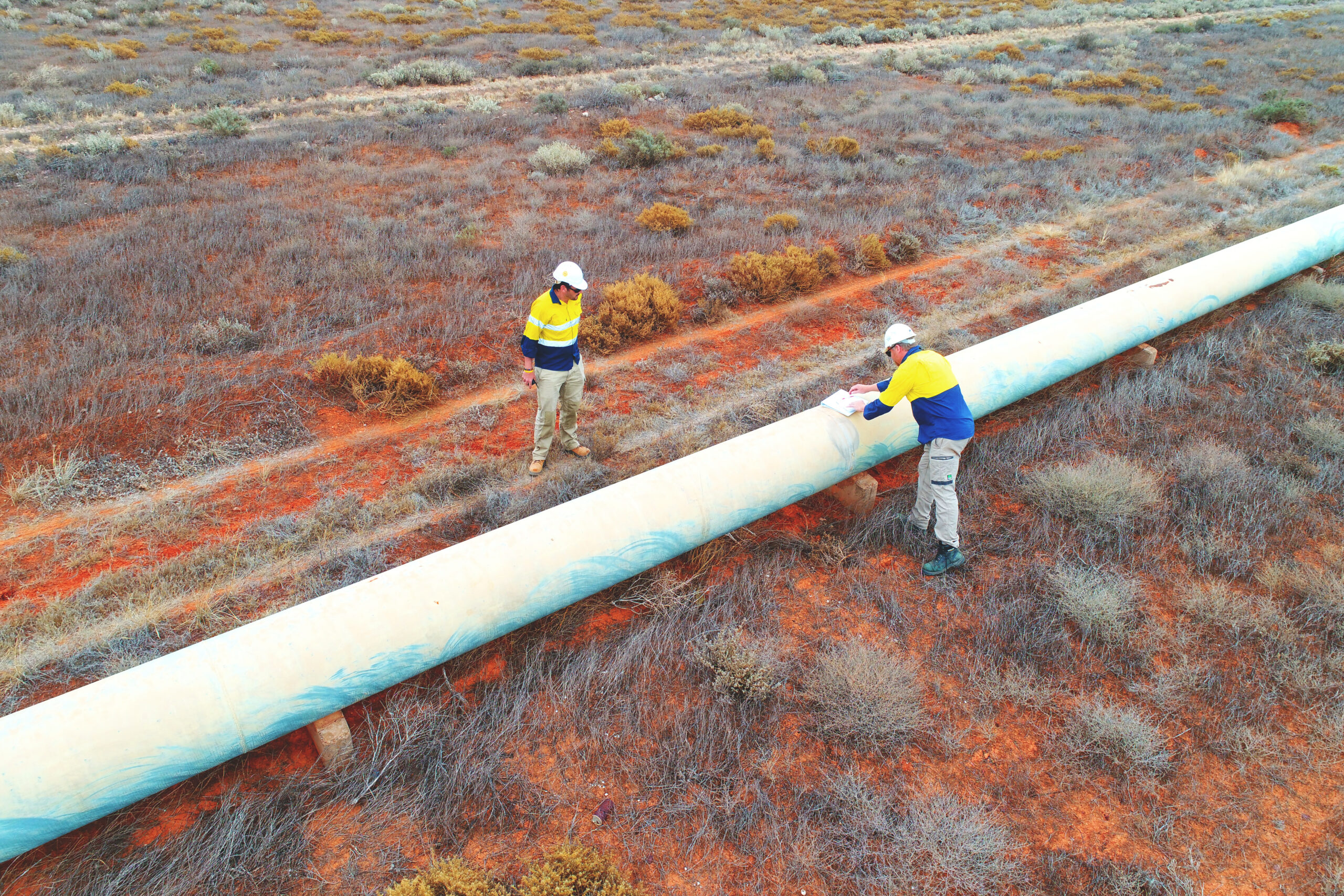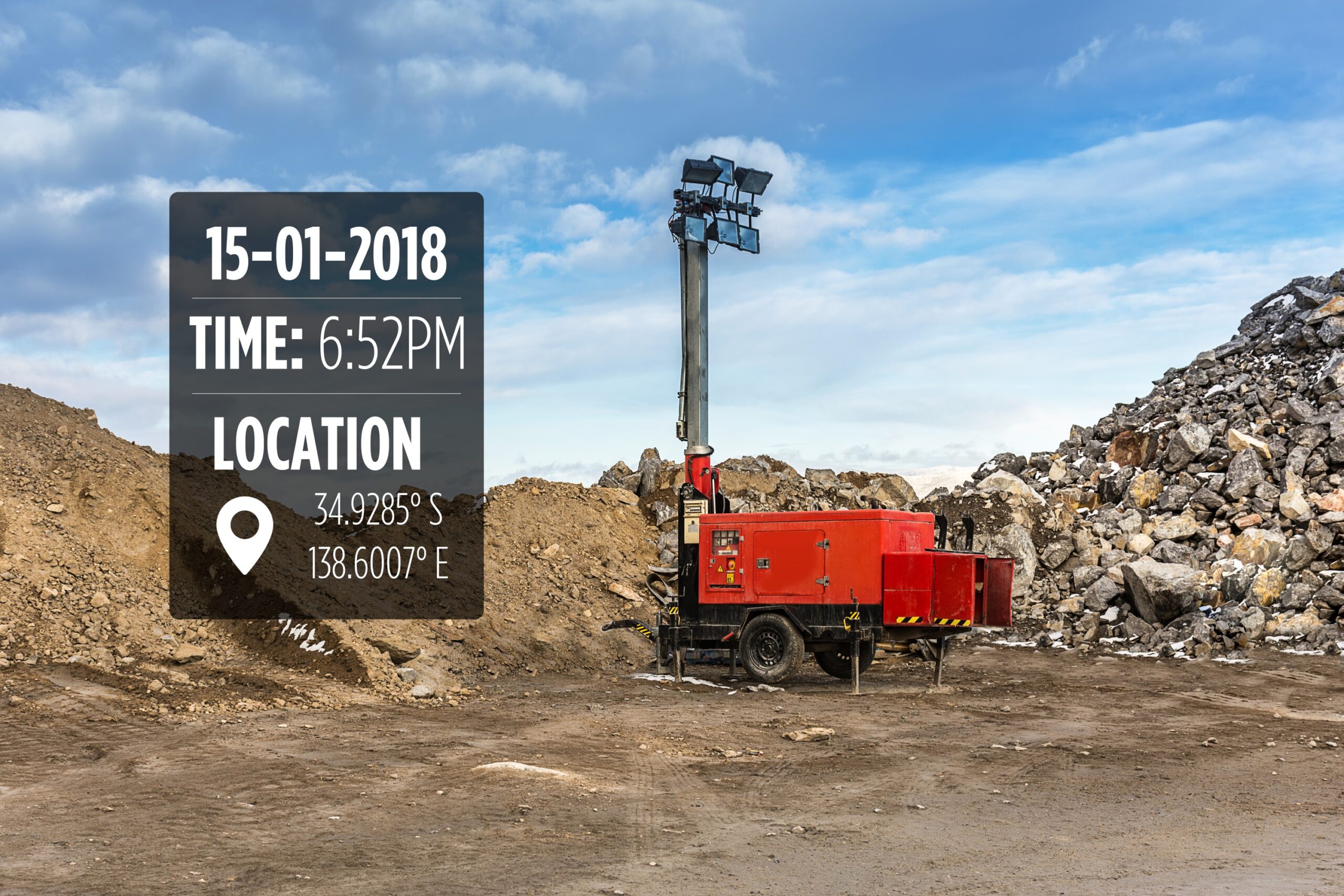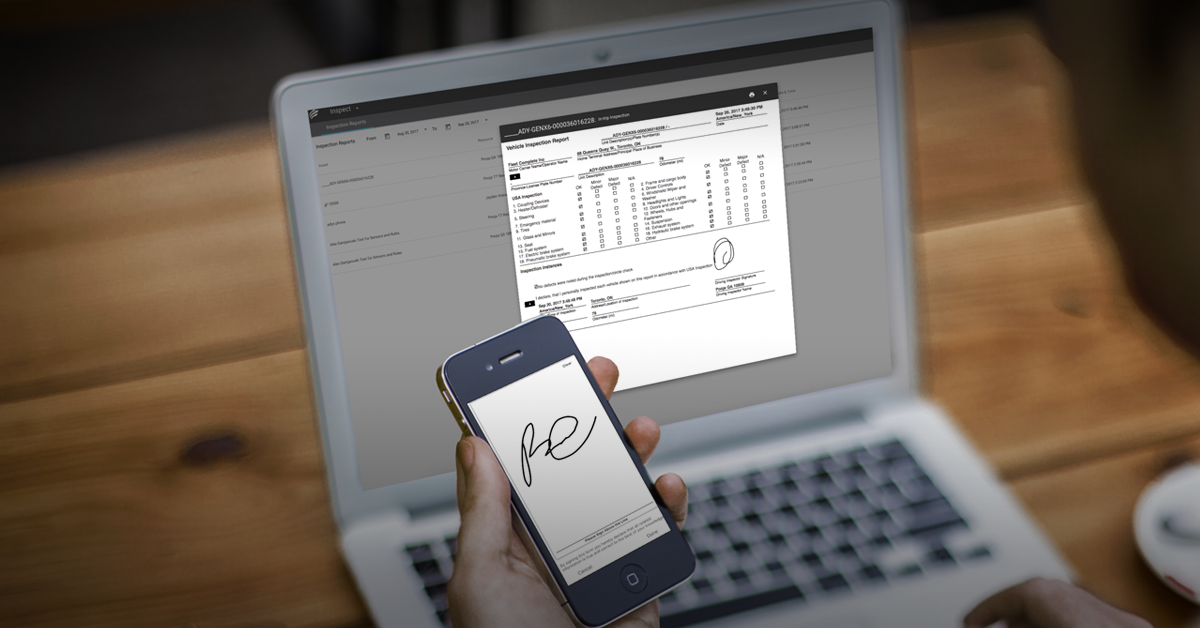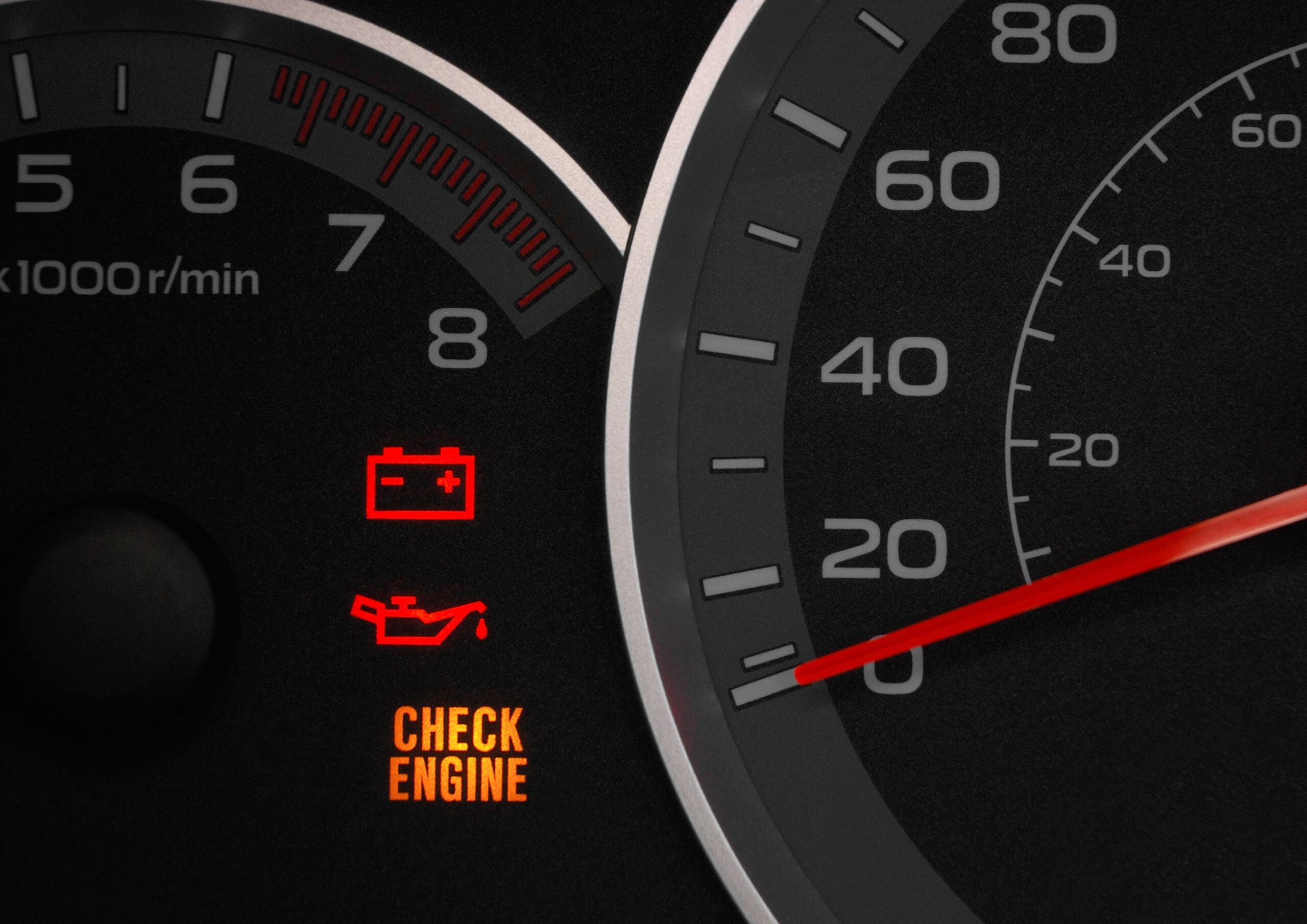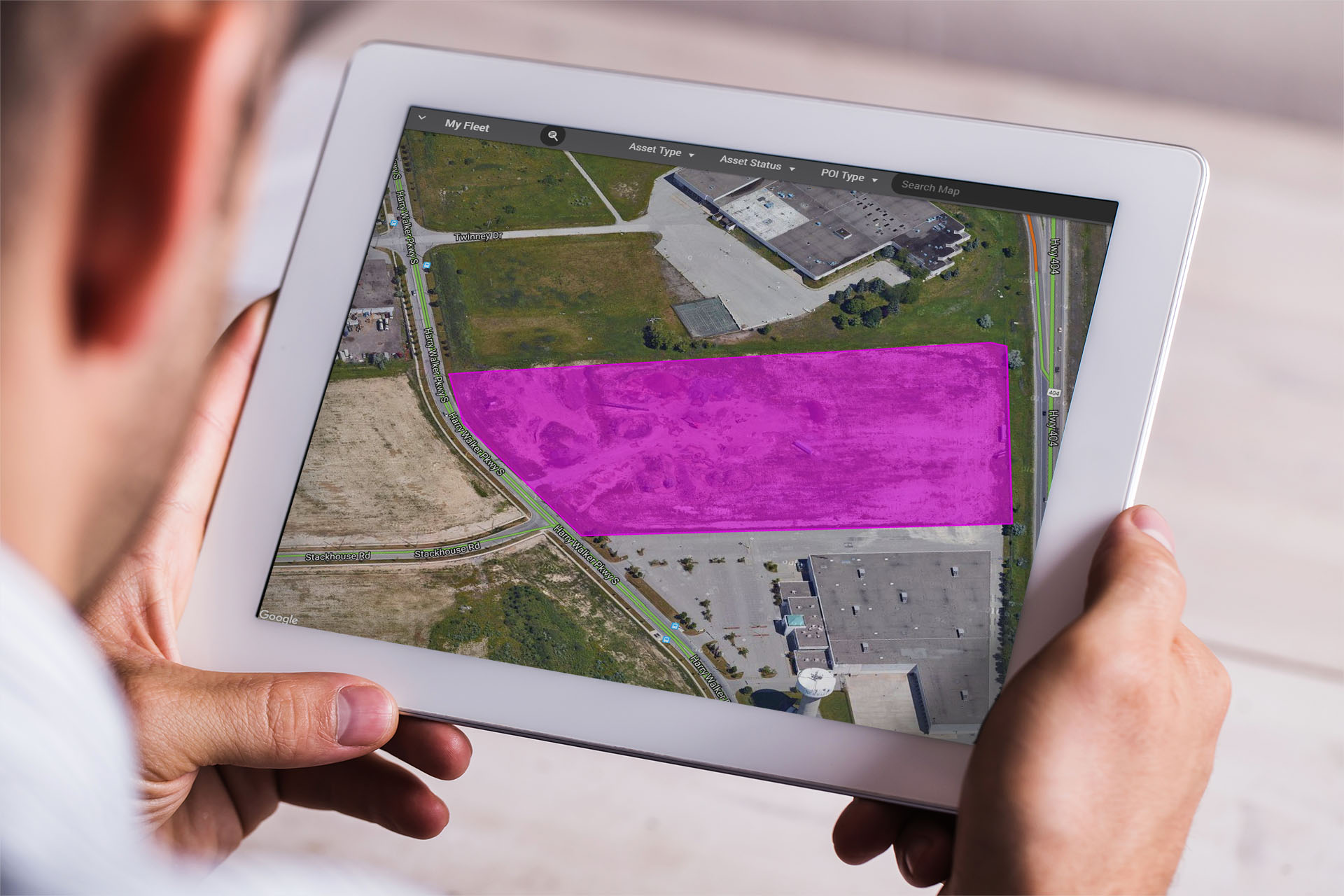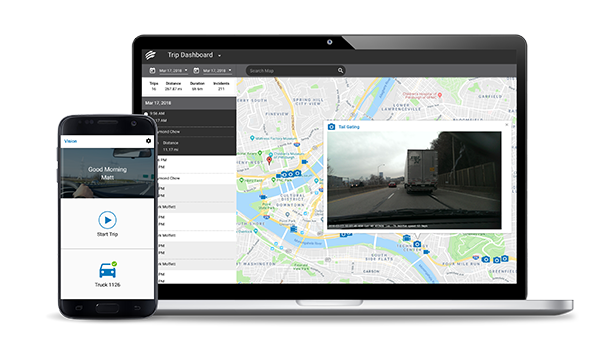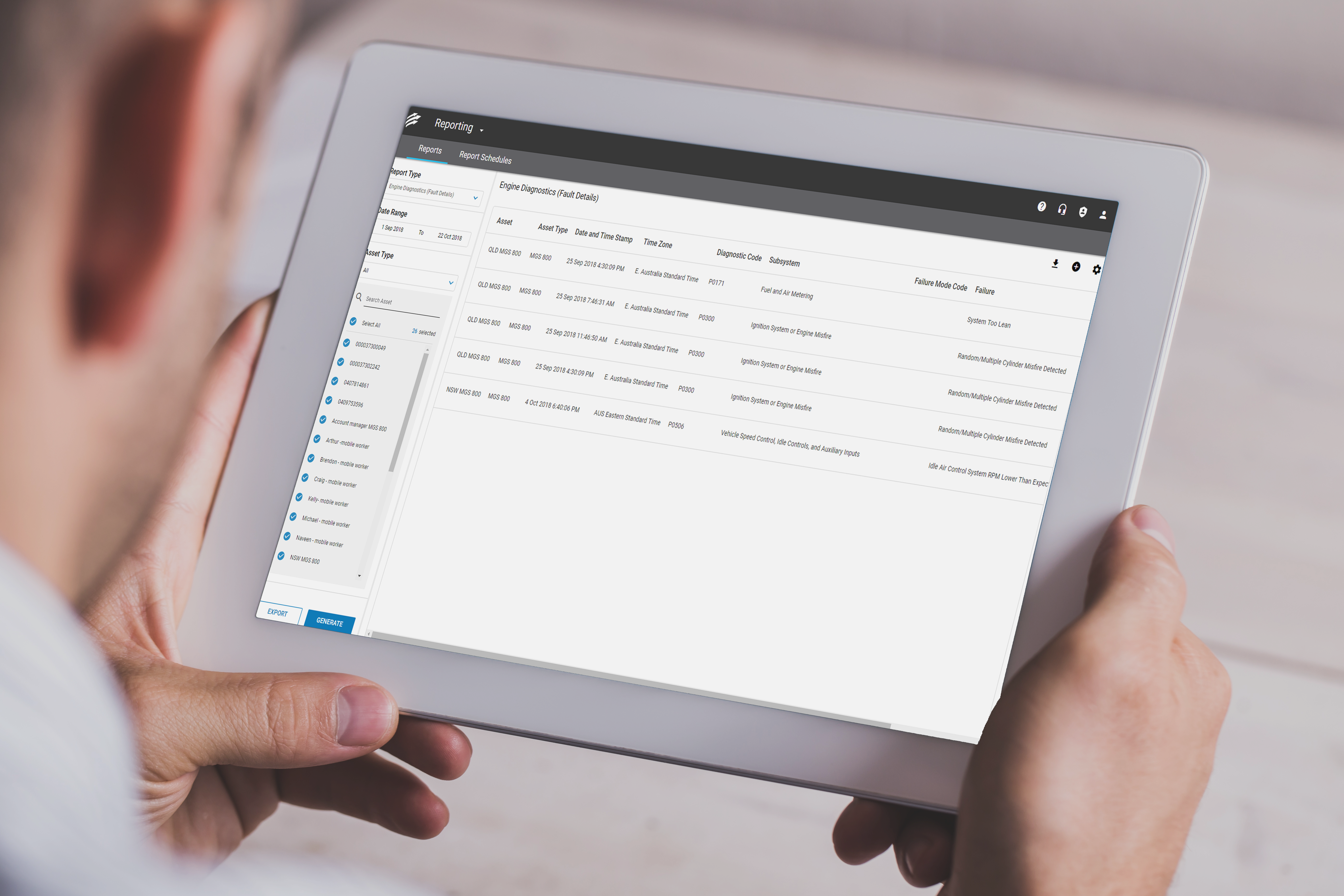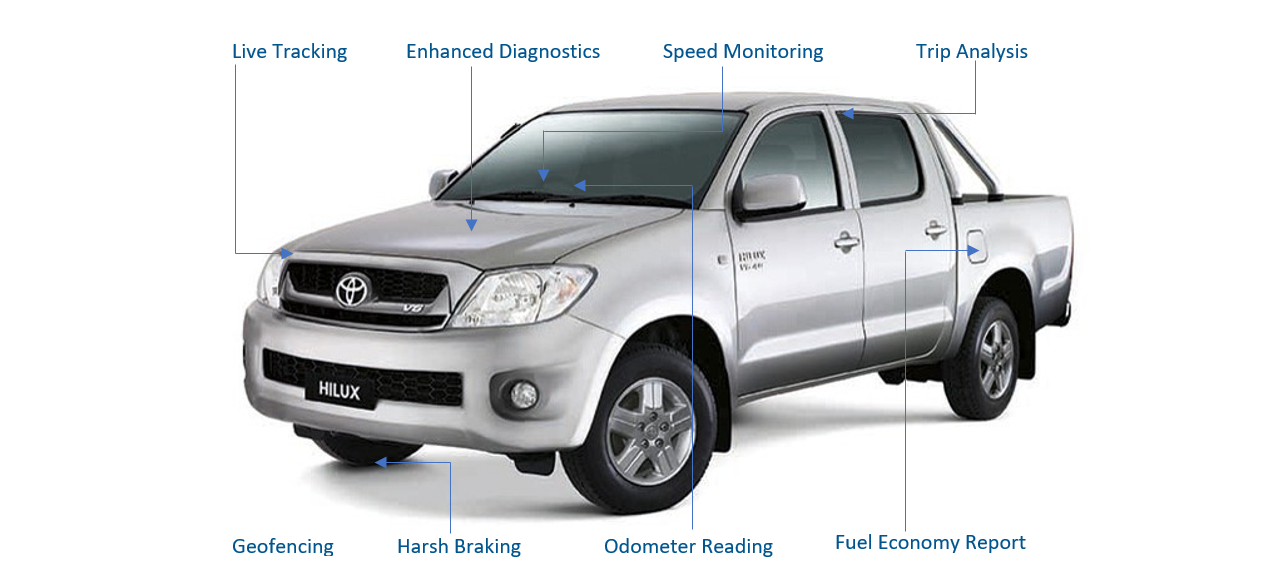A fleet manager’s job is complicated. A typical day includes juggling multiple schedules, ensuring staff are equipped and happy, and ensuring regulatory fleet compliance across multiple regions. This is all before we even get to managing the vehicles themselves.
Enterprise fleet managers are responsible for multiple vehicles across several states, territories, or even different countries. As such, they face some big challenges.
Below, we’ll go over 6 challenges enterprise fleet managers face and offer our top tips on effectively tackling these problems.
1. Information Overload
Have you ever been presented with way too much information and felt your brain being overwhelmed? It’s called analysis paralysis—and it can easily affect fleet managers. Even just one vehicle generates a huge amount of data for managers to keep track of—including but not limited to routes, fuel usage, speed, aggressive driving signs, odometer readings… and the list goes on. Multiply that by 2, 10, or even 1,000 vehicles and you can see how information overload becomes a problem.
Fortunately, fleet management software can eliminate this issue. Specifically, Fleet Complete’s Fleet Tracker helps fleet managers organize and monitor data, filtering out what is not necessary at any given time.![]()
For deeper insights into fuel usage, for example, fleet managers can receive an alert about fuel overconsumption for one vehicle and focus on that specific data. You can prioritize the information you need, per vehicle, per team, or top-down across the entire fleet.
2. Keeping Track of Asset Inventory
Fleet managers need to keep a close eye on all their assets as lost, stolen, or misused assets incur costs that soon add up. This is especially tricky to manage when your fleet is spread out over a large area and you need to find vehicles fast.
The solution to this problem is asset tracking devices. These devices are equipped with GPS and various sensors to provide updates on asset location and status. Notifications can go straight to the fleet manager for issue updates or to simply ensure that each asset is where it should be. This offers the visibility fleet managers need at any time, no matter where they are.
3. Managing Fuel Costs and FTC
Depending on the types of vehicles your fleet operates, even minor fuel usage fluctuations can significantly impact the organisation’s bottom line. Fuel costs are one of the most significant expenditures, and costs can add up if you don’t monitor usage carefully.
The problem: manually sorting through fuel usage data is incredibly time-consuming. Some behaviours also cause excessive fuel usage that you need to keep an eye on, including bad driving habits like driver idling, speeding, and harsh braking.
Fleet management software can help managers monitor fuel usage with ease and some providers, like Fleet Complete, even have Fuel Tax Credit Calculation Service produces the most accurate fuel calculations available. The system automatically syncs real-time vehicle tracking data with advanced geo-position analysis for fast access to your fuel tax reports at any time.
Moreover, from identifying poor driving to geofencing tools that notify when a vehicle has left its designated zone, managers can receive real-time notifications.
Seeing where and how the wasteful consumption occurs allows them to make informed decisions on the next steps needed to fix the problem and improve their fleet’s efficiency.
4. Optimising Routes
The odd wrong turn happens, but if drivers are regularly getting lost or taking inefficient routes, the costs soon add up. This creates wasted fuel, unnecessary downtime, unnecessary vehicle wear and tear, and potential lost business due to late deliveries and unhappy customers.
You can solve this problem by using a Fleet Tracker to collect and analyze trip data. Using this in-depth data helps:
- Improve routes
- Reduce mileage
- Make it easier for drivers to receive real-time road updates
It’s also useful for prechecking road suitability, which is especially beneficial for HGVs.
5. Keeping Drivers Safe
Fleet managers need to track vehicles and organise schedules while protecting their most valuable assets: the drivers.
Well-maintained vehicles are vital for driver safety. Fleet managers are responsible for keeping their drivers safe while they’re on the road, whether that’s dealing with bad traffic, adverse weather conditions, or any other factors that can risk safety.
Michael Seychell, VP of Sales for Fleet Complete Australia, notes:
“The Fleet Tracker device collects critical data and sends alerts to the driver when a vehicle is speeding or driving dangerously. [Fleet] Customers also use the fleet management software to analyse historical driving patterns as a coaching tool for better driving behaviour. This not only results in an improvement in road safety but also a reduction in vehicle wear and tear costs.”
6. Fully Utilising All Fleet Assets
If you’re not utilising assets fully, it costs the business money in depreciation expenses, insurance, and registration. Fleet management software makes it easier to account for all vehicles in a fleet and ensure proper use. Usage data can also help with purchasing decisions so managers can decide when they need to buy new vehicles and when to sell.
When it comes to fleet management, data analysis should be your priority. Traditionally, managing all this data has been a challenge. However, increasingly advanced technology allows fleet operators to capture and sift through data in real-time, improve fleet safety, efficiently manage workflows, and integrate their system with other software and external suppliers. This helps provide a seamless experience that leads to a stronger bottom line.
If you’d like to learn more about how our next-generation fleet management software can help with your fleet management challenges, get started today by trying out our Fleet Complete demo.
































